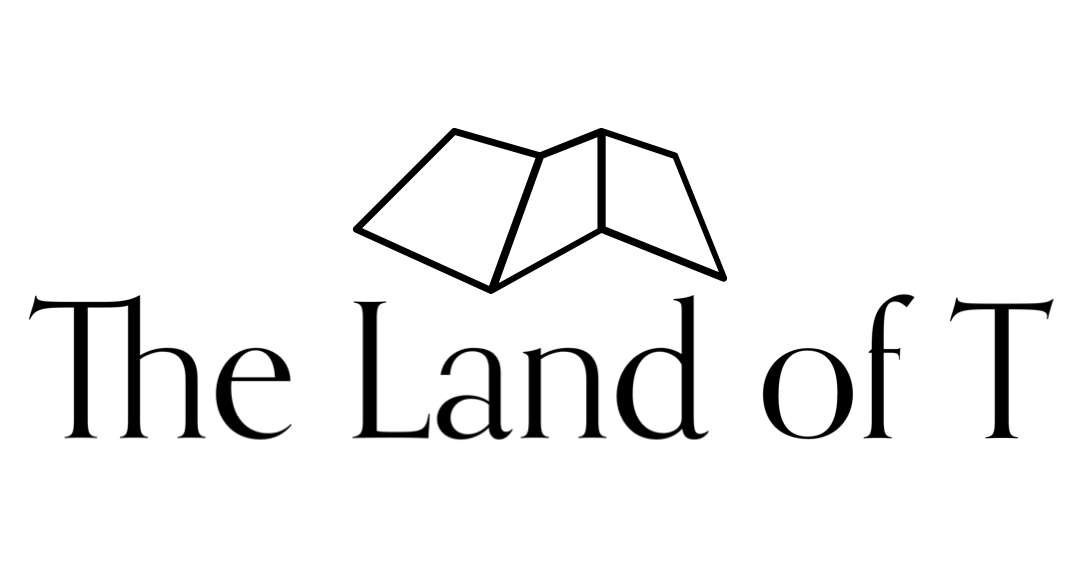Human/Nature
While the climate crisis is anything but simple, it is fairly plain to see the planet is not under threat from climate change, humanity is. Or, perhaps more accurately, our way of life is. For that reason alone, I believe the most meaningful work before each of us is internal.
Arguably the most adaptable mammal on the planet and instilled with an unmatched capacity for change, humans are uniquely poised to anticipate peril before it is too late. The struggle for many of us though is turning inwards; often only after all external changes have been exhausted. And as the climate crisis intensifies, fantasies of reversing sea level rise or mass extinction begin to fade. And as the years of worry become decades, one can’t help but reach the conclusion that, if the world is to change, the most meaningful change begins within each us—how we interact with those around us, human and nonhuman alike.
This isn’t to place the blame on individuals, just the opposite. Fewer than 100 companies are responsible for the majority of global greenhouse gas emissions. Hell, even the idea of a personal carbon footprint was engineered and perpetuated by BP in an attempt to shift culpability for a changing climate to individuals. Unfair as that is, who amongst us doesn’t want to live in a happier, healthier world? So amidst a world that feels increasingly helpless, my hope is to inspire and empower rather than wallow in the only alternative, withdrawal.
Understandable as it is to feel overwhelmed, I’ve always liked the old adage, tend to part of the garden you can reach. In other words, tend to what is actionable. Considering the climate will continue to change whether we make drastic changes overnight or not, the task before us is rather simple: How will we live amidst the change? My suggestion, mindfully. Mindful of what is happening and mindful of why it’s happening (to the best of our ability).
When cultivating a mindfulness practice, many schools aim to dissolve the boundary between subject/object. Turns out, if interrogated over time, the boundary proves conceptual rather than actual. As Alan Watts was fond to point out, measuring a wiggle is as easy as knowing where it begins. (Nothing like a little whimsy to help add perspective.) Similarly, humanity’s place within the natural world is equally hard to define conclusively, despite many of our actions reenforcing the misguided notion that we are in some way separate from the world we inhabit.
Viewing the whole of existence as separate from oneself is inherently lonely. But on the flip side, viewing ourselves as in relationship with the natural world offers far-reaching implications. What were once external issues become intimately woven within the fabric of the self. While these words may sound revolutionary, at the ecosystem level they are anything but. Every ecosystem on the planet is literally comprised of a seemingly infinite set of dynamic relationships.
The natural world will undoubtedly continue to challenge each of us, but I sincerely believe our moment is an invitation for each of us to take a deep breath and trust our hearts to guide the path forward. Borrowing the words of Buddhist scholar, Dr. Paula Arai, I hope we find “humility in the face of nature's cycles, and gratitude for the support of others.”

